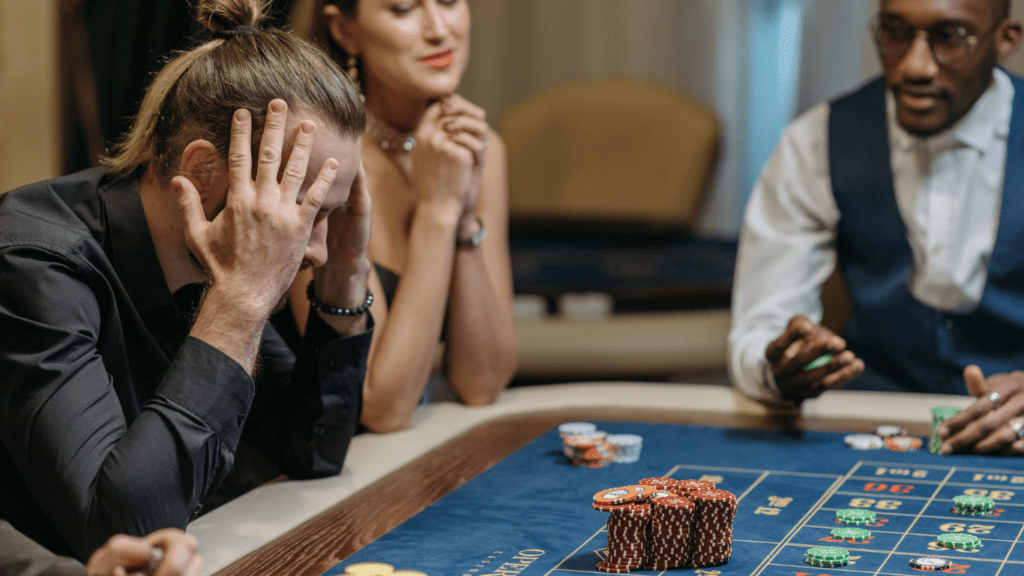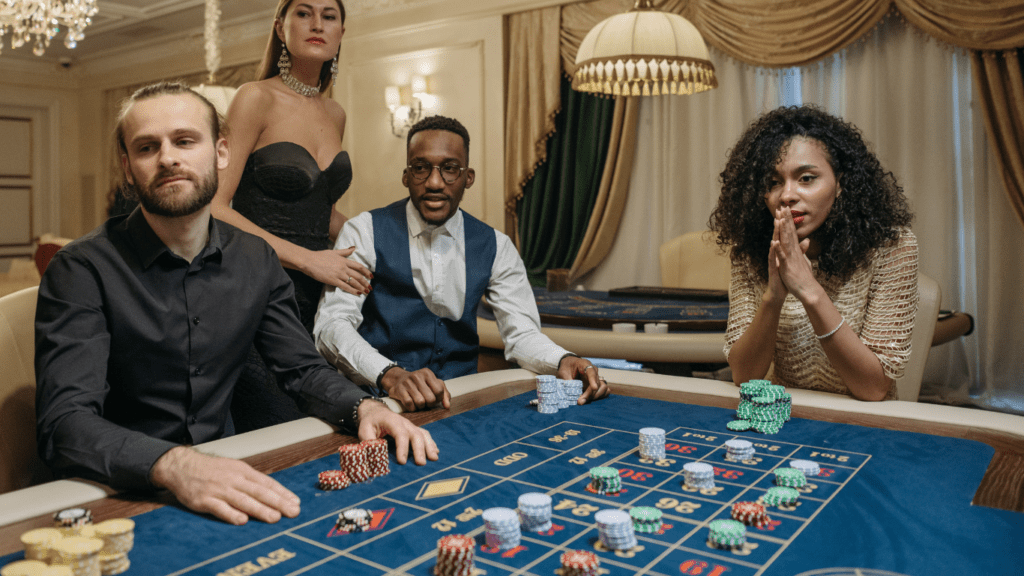Understanding the Big Win Fallacy
Misconceptions abound when discussing the big win fallacy, much like the gambler’s fallacy. Individuals often mistakenly believe that after a substantial win, a loss looms ahead, balancing out previous outcomes. This misunderstanding arises from a flawed grasp of probability. Each gambling event, like a coin toss or dice roll, stands independent from the past events, carrying its own unique odds unaffected by history.
In reality, attributing forthcoming losses to past wins has no basis in mathematics or logic. Studies from sources like the American Statistical Association emphasize that probability remains constant, unaffected by previous outcomes. This independence counters the belief that big wins impact future results.
Awareness of this fallacy can lead to more rational decision-making. Recognizing the fallacy in the notion that wins must balance with losses, individuals can engage more objectively, evaluating each decision on its own merits without false expectations of inevitable downturns.
Common Misconceptions About Winning Streaks
Many believe that after a series of wins, a loss looms on the horizon. This perception often stems from misplaced beliefs about randomness and probability.
The Gambler’s Fallacy

Some attribute unpredictability in gambling to the gambler’s fallacy, which supposes that past wins influence future losses. This fallacy creates a misleading expectation that winning streaks are unsustainable. In reality, each game or chance-based event operates independently. Probability theory asserts that outcomes are unaffected by previous results. Failing to understand this leads to erroneous conclusions about the inevitability of losses following big wins.
Confirmation Bias and Betting
- While engaging in betting, confirmation bias further entrenches misconceptions.
- People tend to remember times when losses followed wins, reinforcing biased views.
- This skewed recollection affects decision-making, leading bettors to irrationally anticipate downturns after winning streaks.
- Selective memory can lead to hasty judgments, ignoring the factual independence of each bet.
- Recognizing and addressing such biases enables a clearer understanding of betting probabilities.
Analyzing Statistical Evidence
Statistical evidence counters the belief that big wins in gambling predict future losses. Understanding probability theory and real-life examples helps debunk this misconception.
Probability Theory in Games of Chance
Probability theory describes how likelihoods of different outcomes are calculated in games of chance. In gambling, each event stands alone, meaning a past result doesn’t change the odds of future outcomes. For example, in roulette, the chance of either red or black remains constant with every spin. This independence of events proves the gambler’s fallacy wrong, as there’s no mathematical basis for believing a win must be followed by a loss.
Case Studies and Real-Life Examples
Analyzing real-life examples demonstrates how probability plays out in practice. One study by Tversky and Kahneman highlights how people falsely perceive patterns in random sequences. Casinos also show this with consistent odds in games like blackjack and slots, where no correlation exists between big wins and subsequent losses. These examples reinforce that no statistical evidence backs the big win fallacy.
Psychological Impact of Winning and Losing
Winning and losing both deeply influence emotions, shaping decision-making and coping strategies in gambling.
The Role of Emotions in Decision-Making
In gambling, emotions steer choices more than logic. Winning triggers feelings of:
- euphoria
- boosting confidence
- leading to riskier bets
Conversely, losing cultivates frustration or despair, prompting gamblers to chase losses. Studies indicate that emotional highs and lows can cloud judgment, distorting an individual’s view of odds and probabilities. Recognizing this influence allows me to maintain clarity and make more informed decisions.
Coping Mechanisms for Betting Losses
Handling losses gracefully is crucial for maintaining a balanced mindset. Many employ self-reflection, evaluating past decisions to understand missteps and improve future betting strategies. Others set strict loss limits beforehand to avoid emotional distress. Some engage in activities outside of gambling to shift focus and reduce stress. By developing effective coping mechanisms, I can mitigate the negative psychological effects of losses and foster healthier gambling habits.



 Founder of Key Gamble Lucky, Erniest Adkinseler is dedicated to providing in-depth gambling news, debunking common myths, exploring the dynamics between luck and skill-based games, analyzing the psychology of luck, and offering the latest legal updates in the gambling industry. With a deep passion for unraveling the complexities of gambling, Erniest strives to create a platform that educates and empowers players. Through insightful analysis and expert commentary, Erniest aims to equip readers with the knowledge and confidence they need to make informed decisions and navigate the world of gambling more responsibly.
Founder of Key Gamble Lucky, Erniest Adkinseler is dedicated to providing in-depth gambling news, debunking common myths, exploring the dynamics between luck and skill-based games, analyzing the psychology of luck, and offering the latest legal updates in the gambling industry. With a deep passion for unraveling the complexities of gambling, Erniest strives to create a platform that educates and empowers players. Through insightful analysis and expert commentary, Erniest aims to equip readers with the knowledge and confidence they need to make informed decisions and navigate the world of gambling more responsibly.